Green Rush: How big agriculture is carving up Africa for industrial farmland.
- Foreign Policy
- 18 December 2013
African countries are also welcoming big agricultural projects bankrolled by foreign investors whose goal is to send food abroad.
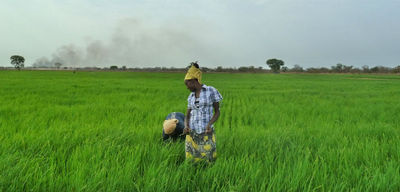
African countries are also welcoming big agricultural projects bankrolled by foreign investors whose goal is to send food abroad.
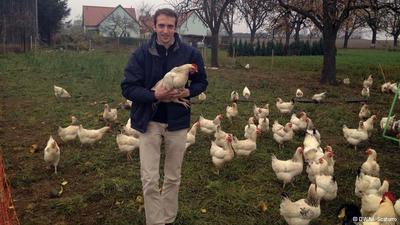
Young farmers in eastern Germany are scrambling to find land as they compete with large multinationals.
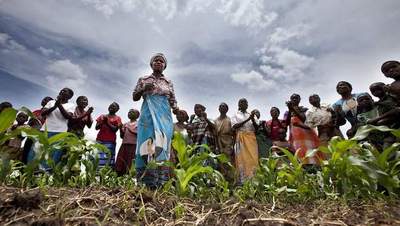
Women in Sierra Leone are losing their land and livelihoods in the face of land grabs, discriminatory traditions and customs, and the lack of a strong legal framework, reports Mariama Tarawallie of the Sierra Leone Network on the Right to Food (SiLNoRF)

Land grabbing has taken on a distinct characteristic in Latin America, as Cristobal Kay, a specialist in development and agrarian reform, explains.
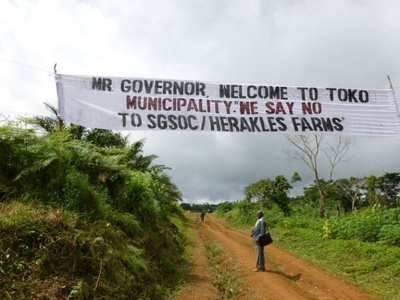
Three Presidential decrees attributing lands to Herakles Farms in the South West region of Cameroon are reminiscent of colonialism and slavery.
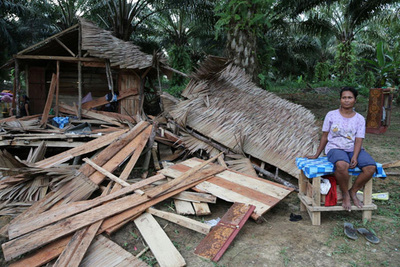
Nearly 150 homes destroyed in the latest incident in conflict between indigenous Batin Sembilan residents and former Wilmar company.
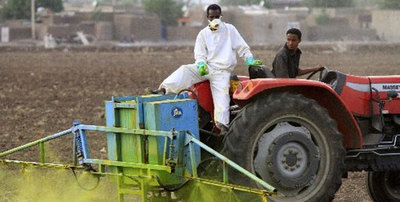
Differing land ownership laws in East Africa are hurting the growth of agribusiness as the sector is unable to attract needed private equity funds.

Last year, CPPIB launched its agriculture investment program which is initially focusing on farmland opportunities in Canada, the United States, Australia, New Zealand and Brazil.
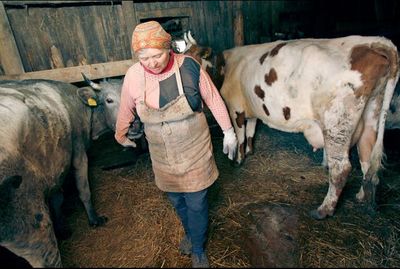
Several farmers in Latvia report incidents with foreign entities that offer farmers highly complex land rental agreements where, should farmers fail to meet certain contractual provisions, they can lose the land.
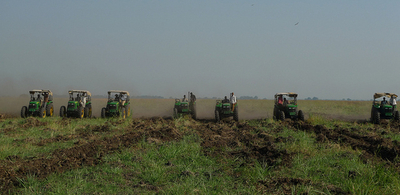
Land grabbing is an expression of the dominant development model based on production and consumption patterns in which financial capital reigns.

Wrobel was CEO of Herakles Farms, which had sought to build palm oil farms in Cameroon.
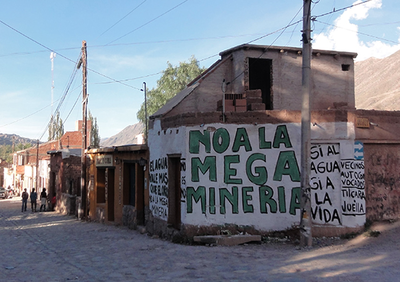
Peasant movements are resisting this assault on their lands and fighting to transform the system.